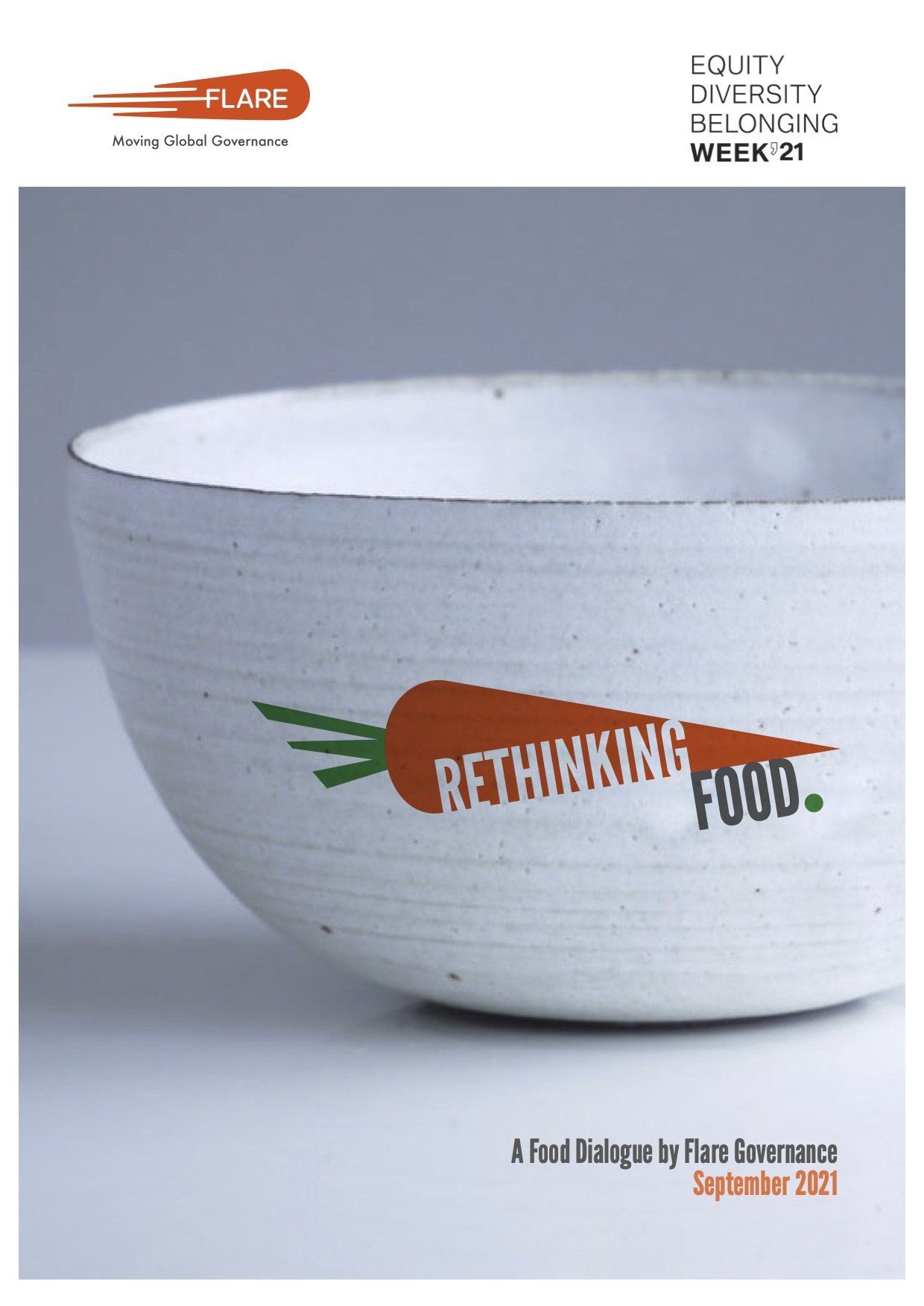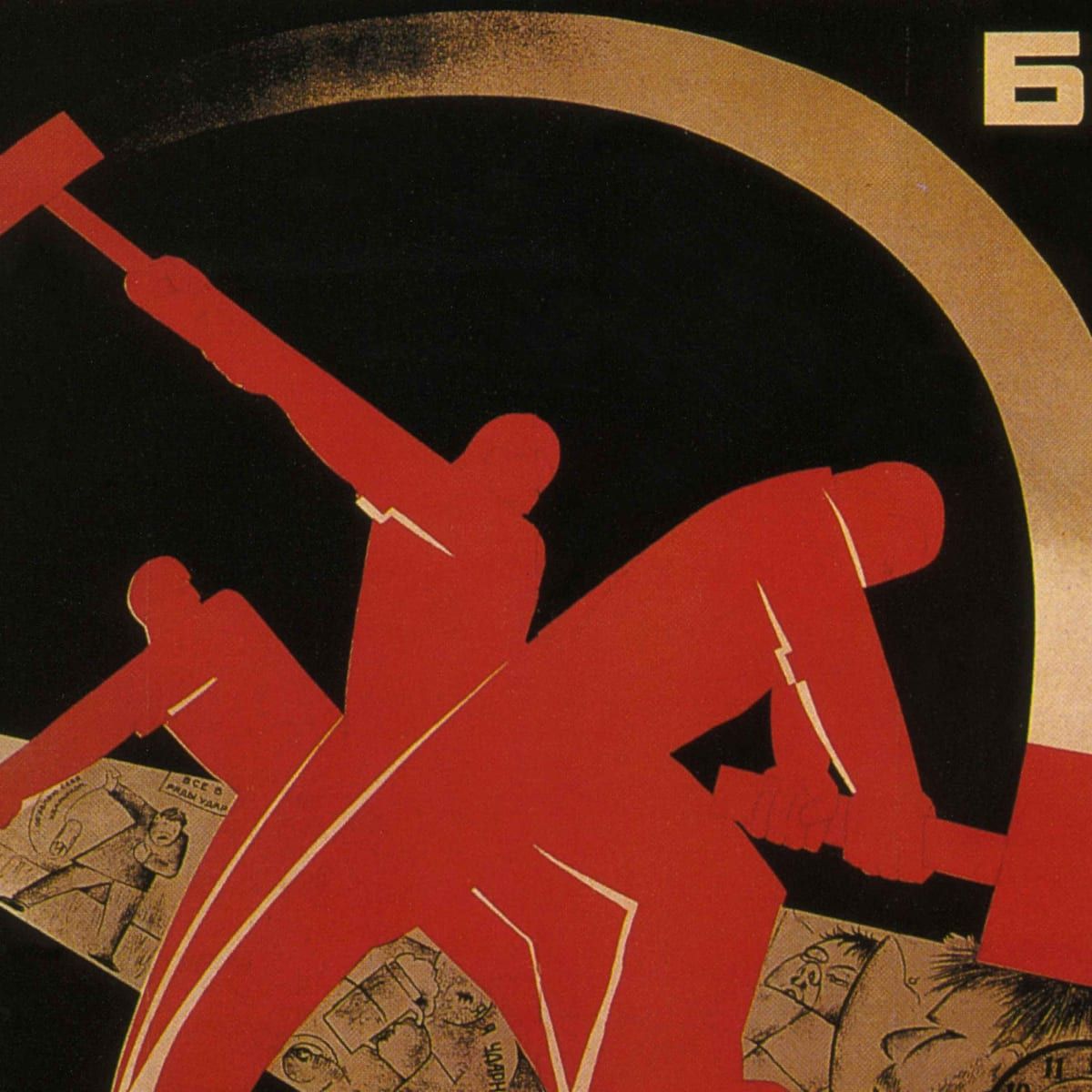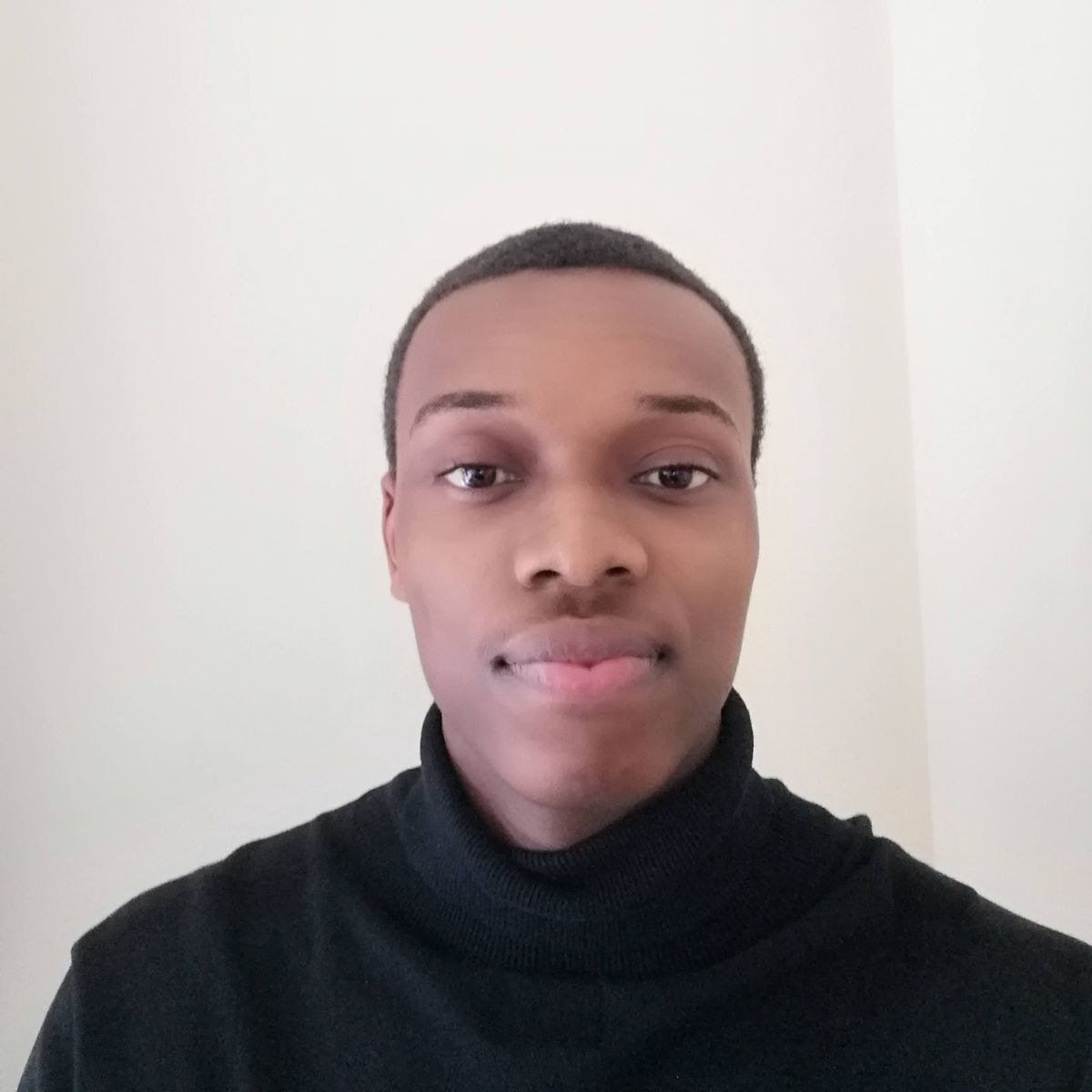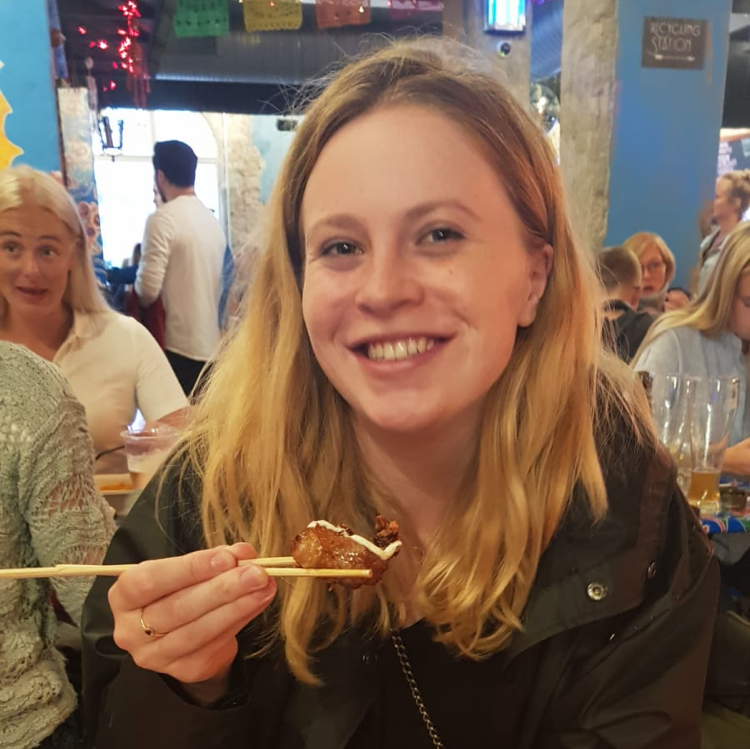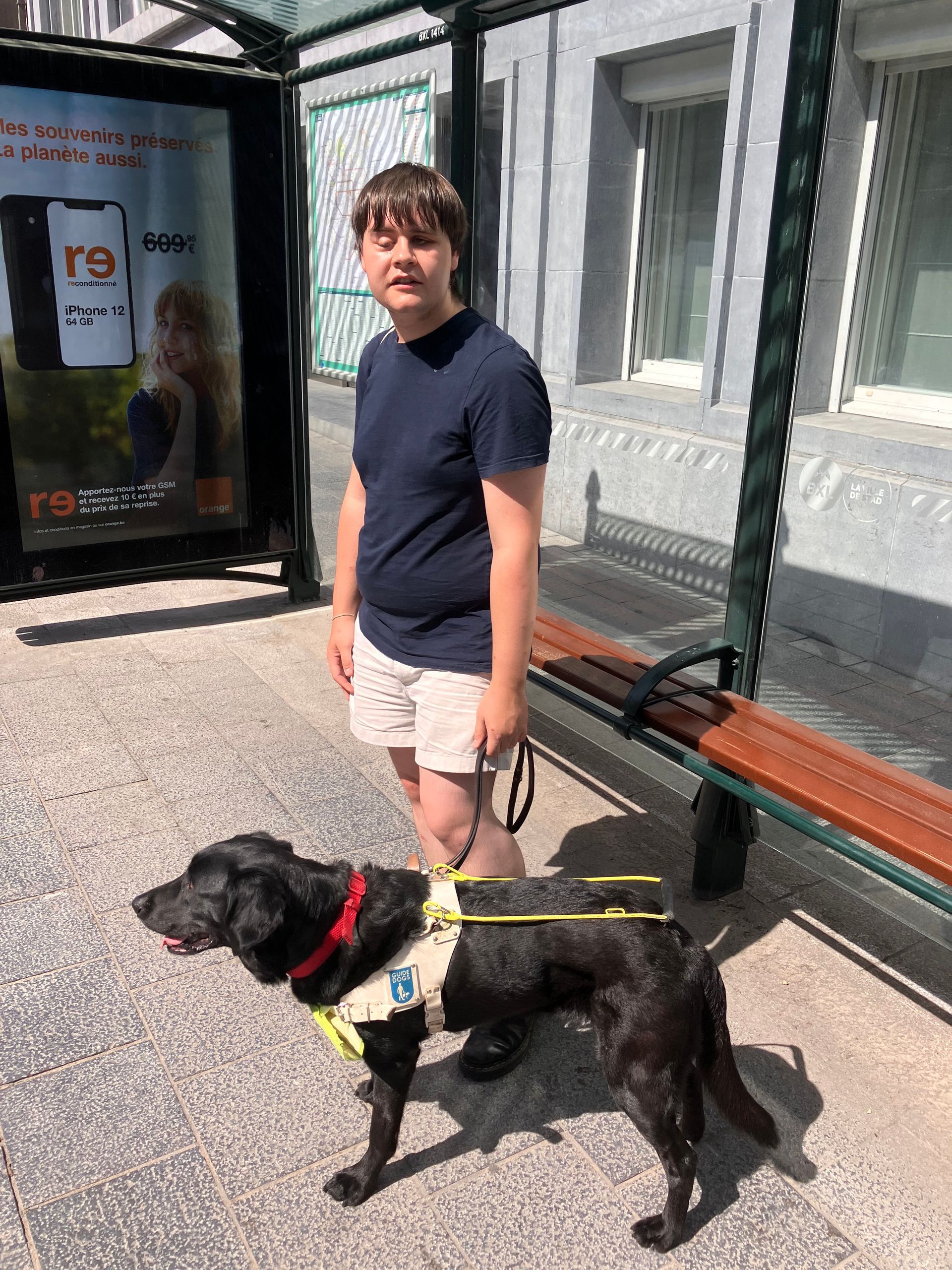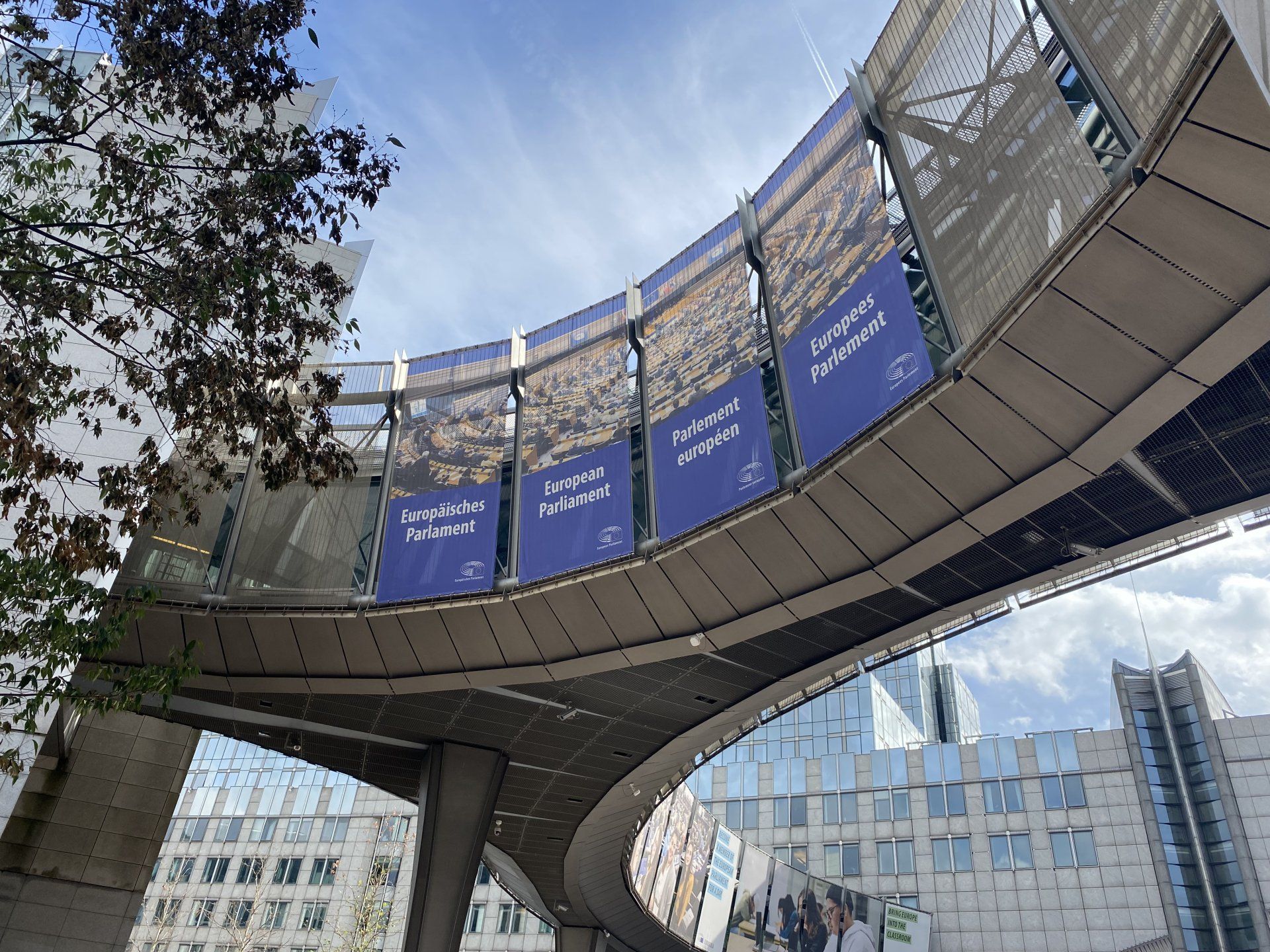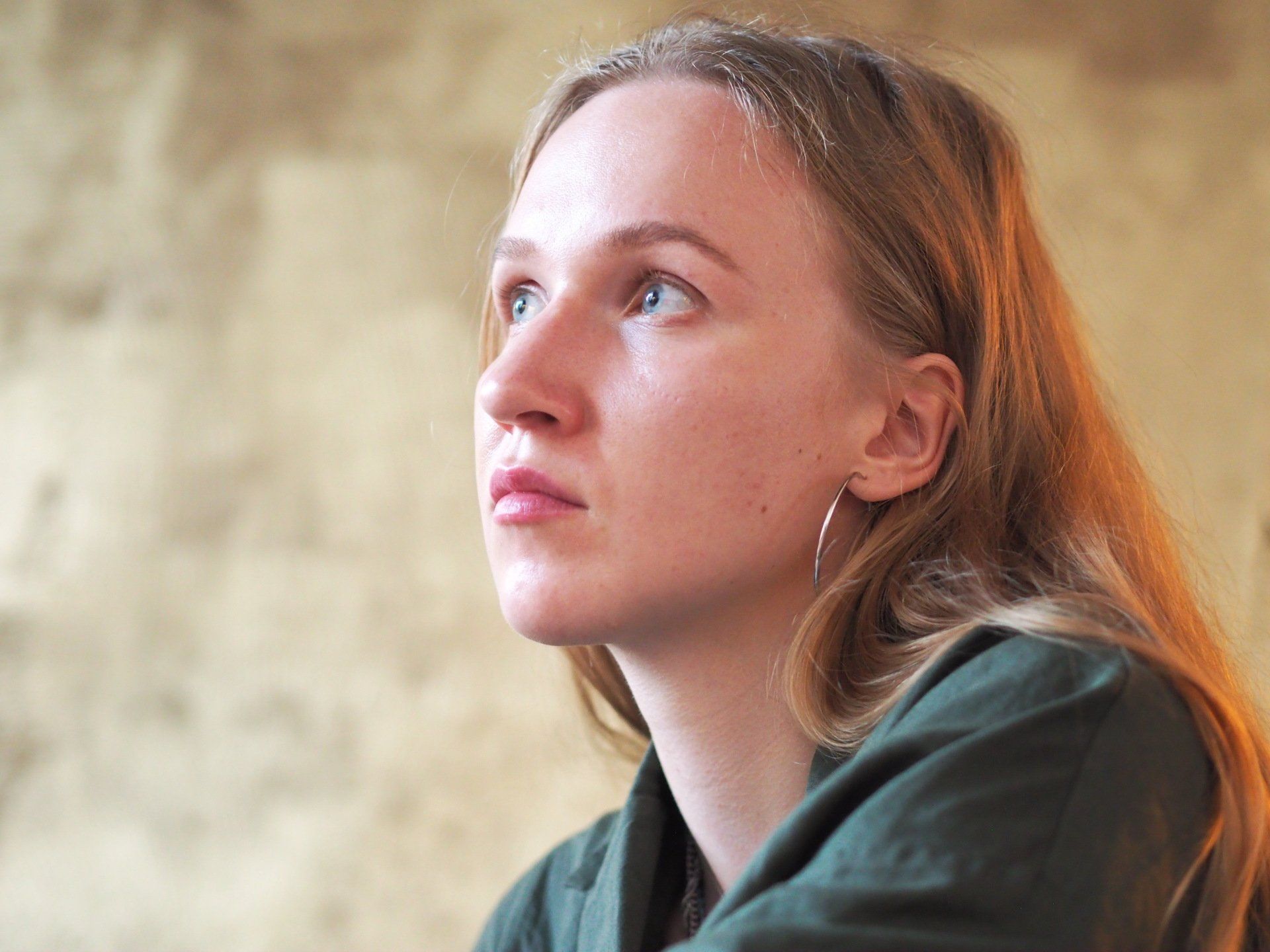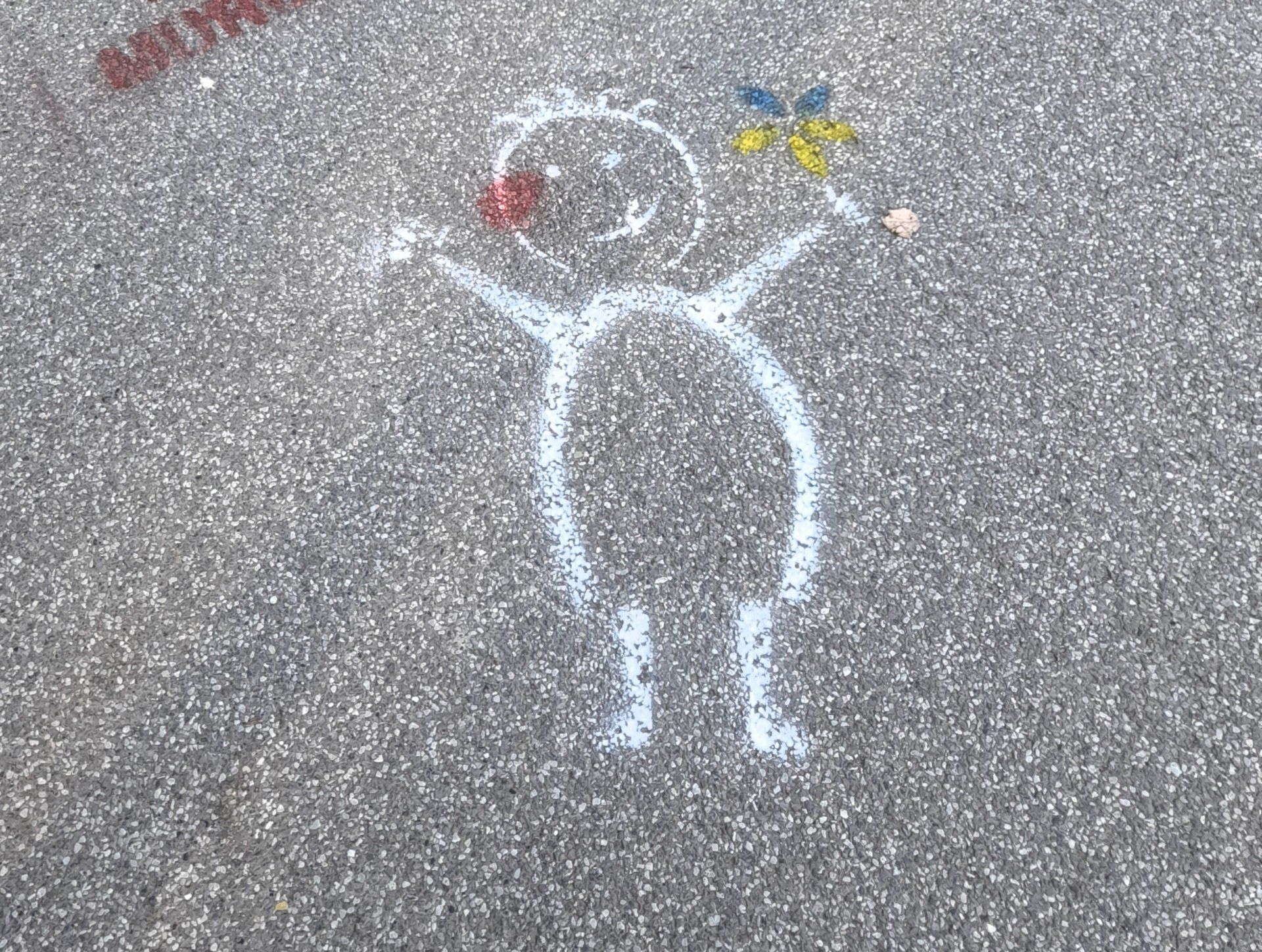Everything is certain, until it's not
Reflections on a conversation with Andreea
John Higgins, March 2023
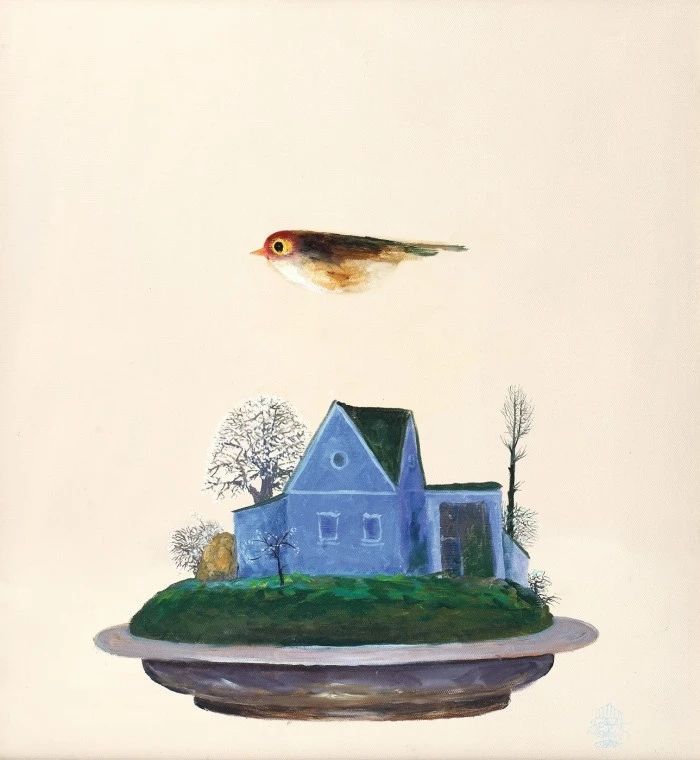
Image credit Stefan Caltia (Casa albastra)
We talked in the shadow of the first anniversary of the Russian invasion of Ukraine, an event which Andreea sees in black and white, a matter of one right and one wrong – which is quite unlike her. She is drawn to nuance and complexity, seeing little to be gained from simplistic binaries which result in a war between world views. Except in the case of the Russian invasion of Ukraine.
She’s from what I was brought up to know as Eastern Europe, behind what was then the Iron Curtain. A Romanian by birth and upbringing, she feels the chill of Russian threat viscerally. As a dedicated internationalist she bumps up against friends and colleagues, especially from Africa and Latin America, who see this particular European war quite differently – more attracted to a narrative of NATO (OTAN) provocation, to which Russia’s response is a natural one.
In these conversations her Romanian heritage gets folded into a Western colonial frame, one where the Global North (or whatever you want to call the world of allied US hegemony) has had things its own way for far too long – and has no moral legs to stand on when it comes to calling out the actions of other nations. She sees a bitter irony in this. Her grandparents, like many generations of Eastern Europeans in living memory, didn’t have access to running water.
* * * * * * * * * * * * *
She is hopeful that the grand narratives, about how the world works and how our lives fit, can change, not through necessity or force majeure, but through choice. She’s hopeful we still have time to know and create our world in a different way, through an act of our own discretion. She knows that established narratives, such as the power of capital and market economics, can appear irredeemable, beyond challenge, that we can mistake the habitual for the natural. But she’s lived through times of such certainty before and seen how quickly they can dissolve into smoke, in her case between the end of one school term and the beginning of another.
In 1989 she was at school in Romania, in a primary school with a picture of the great President Ceaușescu on the wall at the front of the class, alongside the proud flags of the Communist Party and the Romanian Socialist Republic. As a class they’d sing heartfelt songs at the start of every day, praising the wonders and achievements of their great leader and the new world order their country represented. The winter term finished soon after the Berlin Wall came down, and then class started a couple of weeks later in the New Year, by which time the perfect leader and the wonders of the Romanian Socialism were being decried as the opposite of everything she’d known up until then. What had been good was now bad. What had been perfect was now rotten. The pictures had come down from the wall. Everything that had been certain, no longer was.
* * * * * * * * * * * * *
My notes from our conversation contain rich phrases, of ‘being lumped in [as a European] with all colonial powers, ‘of how ‘the obvious is holding us prisoner’ and how it’s the ‘limits of our imagination’ that makes us powerless. She spoke of how dogmatic thinking injects venom into the conversation between people, even when intentions are of the best. She feels that being caring and curious is a better way of promoting change than policing the language we use. She embraces her reality, and that of others, who don’t need to be told what to think and say. She wants to be in a context where people can express themselves freely but with kindness. It is the kindness that gets squeezed out when we want to box and label people, or impose our felt reality on them.
She spoke of her work in creating space for exploring masculinity and how she looked to avoid ‘stigmatising’ men’s experience, by ‘imposing a value set’ she believed in, and instead staying with what was valued by football going men, the camaraderie they found from being in a crowd, dedicated followers of a team. Her work is to help people make a leap of imagination, question the inconspicuous obvious which is holding us prisoner, and embrace a world that is not created through the narrative of economics – which is a human-created story, not a scientific truth, however much economics would love to claim such a perspective for itself. She knows such ‘truths’ can disappear as quickly as the ones she’s already seen disappear in her life, and which were also treated as beyond doubt.
Her way of going about things is one that seeks to escape the tyranny of method, the temptation to prescribe and live to a plan - treat ourselves, others and the world around us as things to be manipulated, as if uncertainty can be eliminated. What we eliminate instead is authenticity, presence, trust. She is sceptical of the over-reliance on method for social change, of the prioritisation of facts and reason over feelings, especially fear and hope, which are the wellsprings of so much human endeavour. Her anti-method is to focus on bolstering courage and connection, bringing people together to shift collective ideas – to imagine and step into a different grand narrative, one which privileges dignity, kindness and personal vulnerability. Things may be in a bad state right now, but we are not powerless. We still have time to come together deliberately and kindly to tell, and so live, a better story, one where we don’t look to label, stigmatise and colonise others with our values.
* * * * * * * * * * * * *
I found listening to Andreea both stimulating and provocative. Her take on the world is stimulating because it is hopeful, because her work invites us into the headwaters of our current ways of thinking and brings to our attention that these ways of thinking are of our own choosing. We are active agents in creating the world we know, not passive recipients of an objective social truth.
And I find her provocative because I struggle in the face of idealism, that it is possible for kindness and care for others to take root in the world, where the hate mongers and fear stirrers seem to drown out every attempt to foster our better angels.
I need to find out more from her, about what can be done so that what can seem so immovable in our current epoch around money, nature and community, can become smoke as surely as Ceausescu and his orthodoxy did.
Flare Blog
